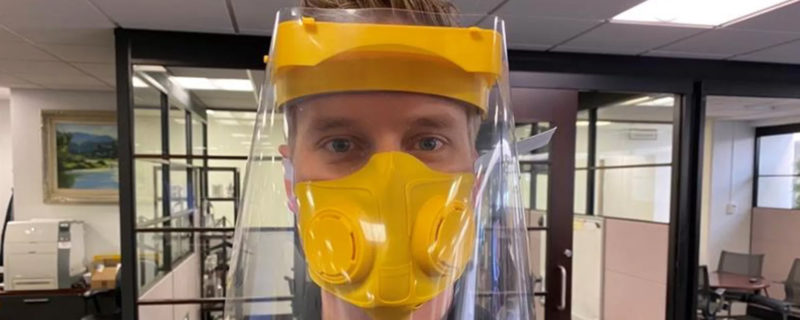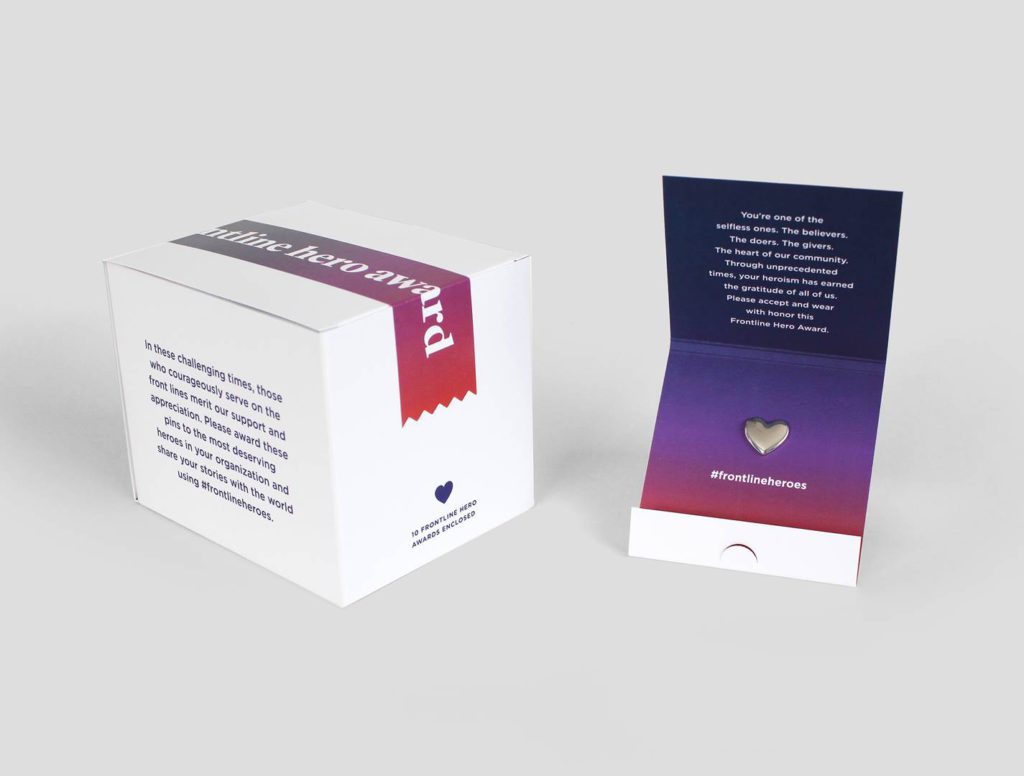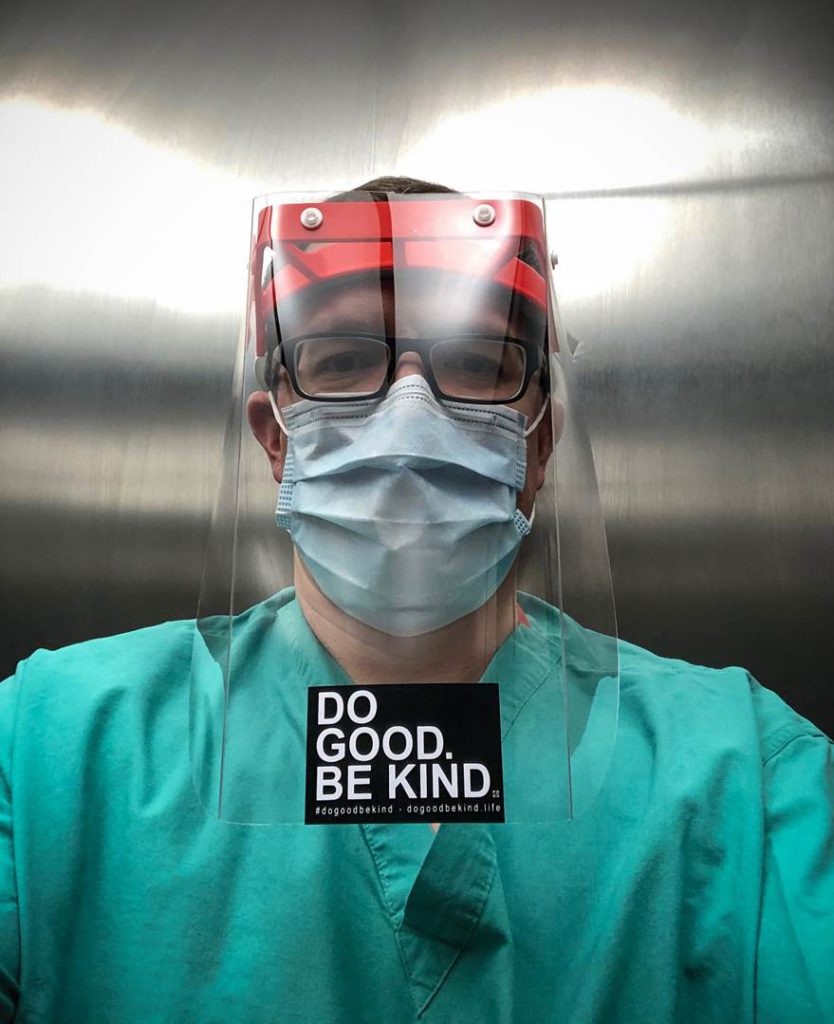This article is part of a series featuring Utah-based companies and what they’re doing during the coronavirus pandemic.
Even before the 2020 pandemic hit Utah, the employees at O.C. Tanner took action and adapted their workforce, doubling down on their core value of giving back to their community.
Within days, they launched a COVID-19 resources page. This page contains weekly insights, hope, and advice for human resource and business leaders navigating the pandemic.
“This is a unique opportunity for us to help people thrive differently; to be part of something vitally important to saving lives,” said Josh McEwan, director of Manufacturing Process Technology Engineering.
The research division of the company, O.C. Tanner Institute, is conducting weekly pulse surveys to understand better the impact of COVID-19 on employees, companies and cultures. The results are sobering but inspiring:
- 86% report it is still too early to consider moving back to the office.
- Nearly half of all respondents say they are considering a change in career (by industry) after COVID-19 settles down.
- 77% of employees feel their workplace culture will never return to “normal.”
Soon after implementing social distancing strategies for their more than 1,600 employees, the company’s manufacturing teams realized their unique skillset put them in a position to aid frontline healthcare workers. By adapting equipment and retraining staff, they quickly switched from making recognition awards to making much needed reusable face shields and Powered Air Purifying Respirator hose adapters.
O.C. Tanner also tapped their award designers to create frontline hero awards to honor healthcare workers putting their lives at risk. What began as a local, heartfelt gesture of goodwill and gratitude became a way for organizations everywhere to recognize individuals who are courageously serving their communities.
“We never contemplated any other option but giving these items away,” said Dave Petersen, CEO of O.C. Tanner. “We never asked, ‘what are we going to charge?’ Our conversations have all been about who needs them the most, how many will they need and how can we help?”


